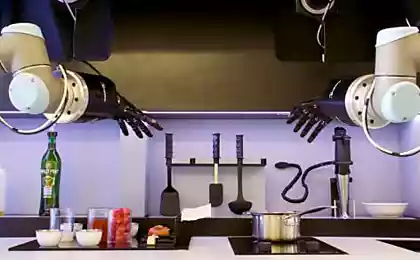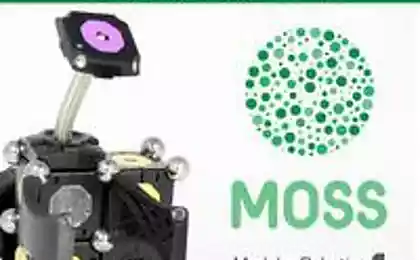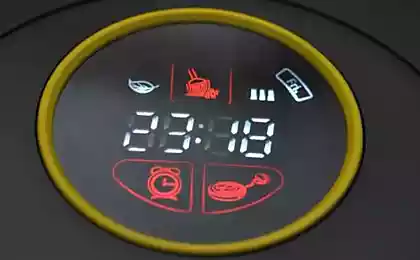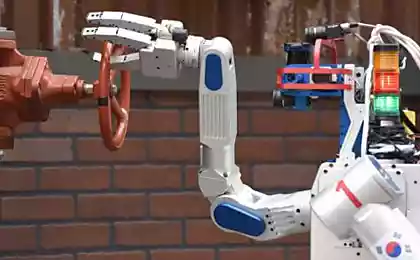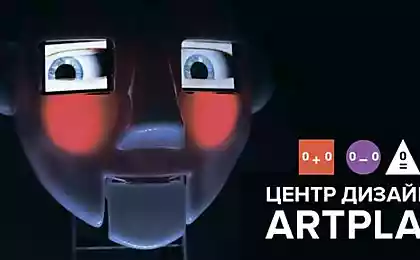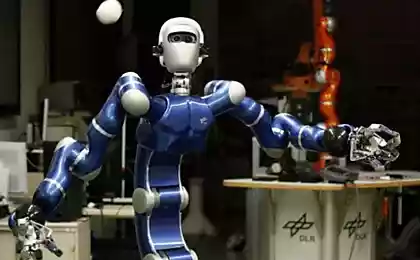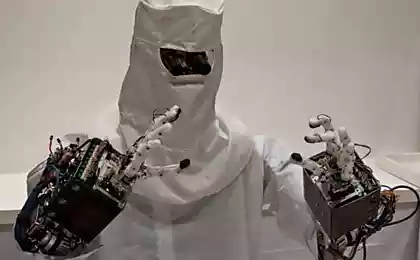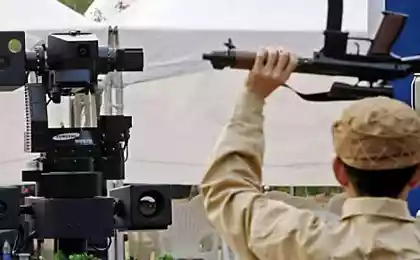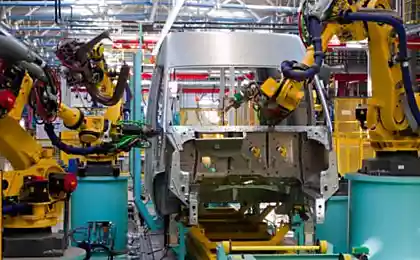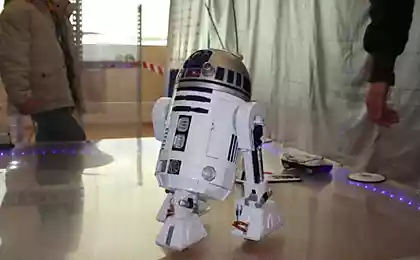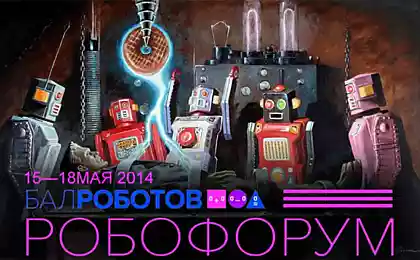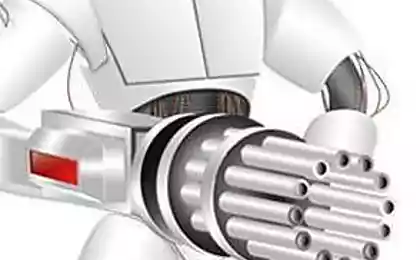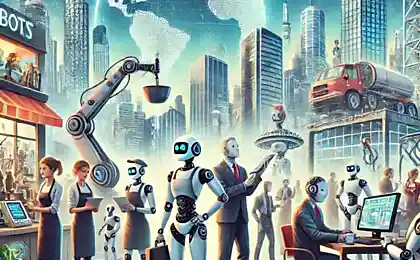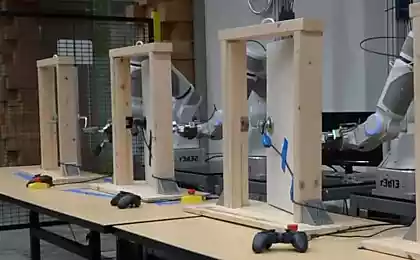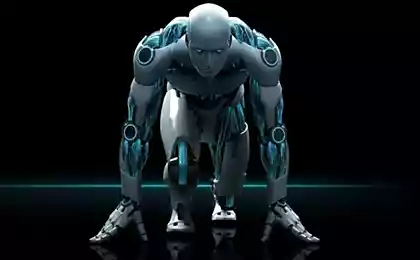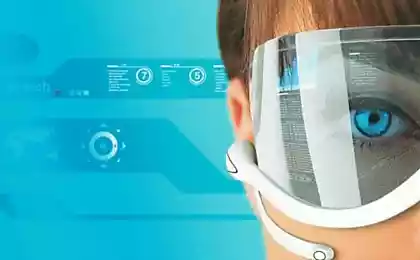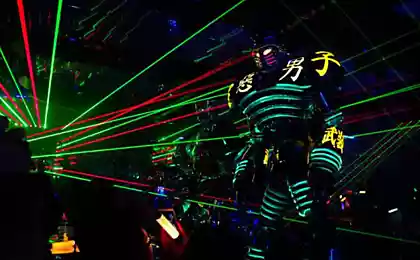462
Robots can derive public knowledge from the Internet
Cloud technology has become accessible not only to people, but robots. The RoboEarth project within three years there as a kind of social network for robots of different types, within which they can communicate with one universal language and to learn of each other's skills. A logical continuation of the intra-group learning was learning through the Internet.
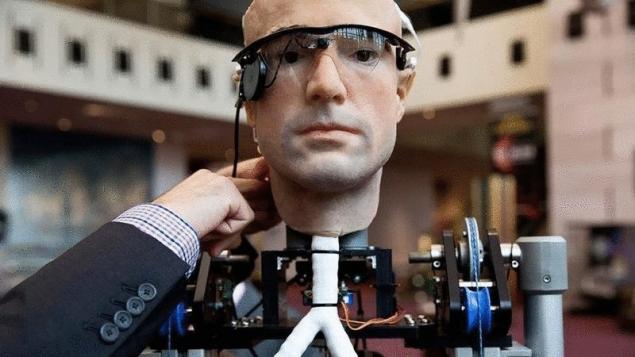
Specialists of the Institute of artificial intelligence University of Bremen has created the next evolution of the project called RoboHow.
Thanks to the initiative of the German developers, now robots can draw public knowledge on a variety of topics from the Internet, translating the received information into a language understandable to all robots.
In other words, a clever robot from a project RoboHow will be able to go online and find out where they sell SUVTP40KHS UPS and then tell the address and contact details of all other robots different types of project RoboEarth.
In practice, this can generate a series of robot helpers around the house. For example, the owner may order the e-Butler to cook "something sweet and delicious." The robot Butler will have to go to the Internet to perform information about the foods that fall under this category, find the desired recipe and already on its basis to create a clear sequence of actions for another robot chef, who will prepare the desired dish.
Of course, this perspective is still far from realization. To do this, robots need to learn a lot: how to look for the right ingredients and order missing in online stores. You will also need to teach a robot Butler to accept the delivered order and to define it in the desired Cabinet in the kitchen or need compartment in the fridge.
Also the robots will have many "learn" about the world, and learn how to use electrical appliances. However, the fact that one robot can obtain and relay information to the group of other, already looks impressive. In the end, should turn out to be the perfect assistant, only one phrase of a man needs to understand and execute commands given to him.
Source: zeleneet.com

Specialists of the Institute of artificial intelligence University of Bremen has created the next evolution of the project called RoboHow.
Thanks to the initiative of the German developers, now robots can draw public knowledge on a variety of topics from the Internet, translating the received information into a language understandable to all robots.
In other words, a clever robot from a project RoboHow will be able to go online and find out where they sell SUVTP40KHS UPS and then tell the address and contact details of all other robots different types of project RoboEarth.
In practice, this can generate a series of robot helpers around the house. For example, the owner may order the e-Butler to cook "something sweet and delicious." The robot Butler will have to go to the Internet to perform information about the foods that fall under this category, find the desired recipe and already on its basis to create a clear sequence of actions for another robot chef, who will prepare the desired dish.
Of course, this perspective is still far from realization. To do this, robots need to learn a lot: how to look for the right ingredients and order missing in online stores. You will also need to teach a robot Butler to accept the delivered order and to define it in the desired Cabinet in the kitchen or need compartment in the fridge.
Also the robots will have many "learn" about the world, and learn how to use electrical appliances. However, the fact that one robot can obtain and relay information to the group of other, already looks impressive. In the end, should turn out to be the perfect assistant, only one phrase of a man needs to understand and execute commands given to him.
Source: zeleneet.com
